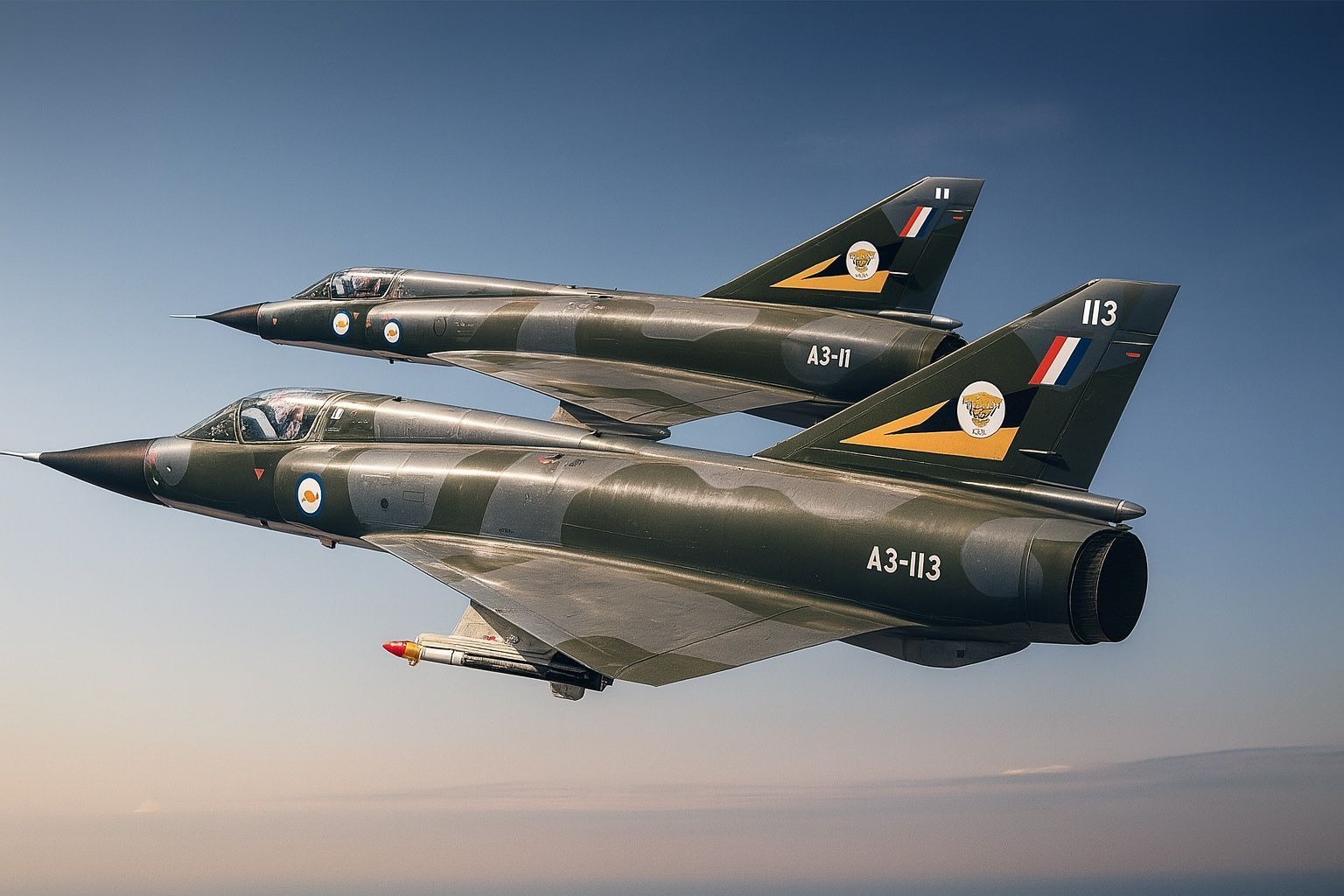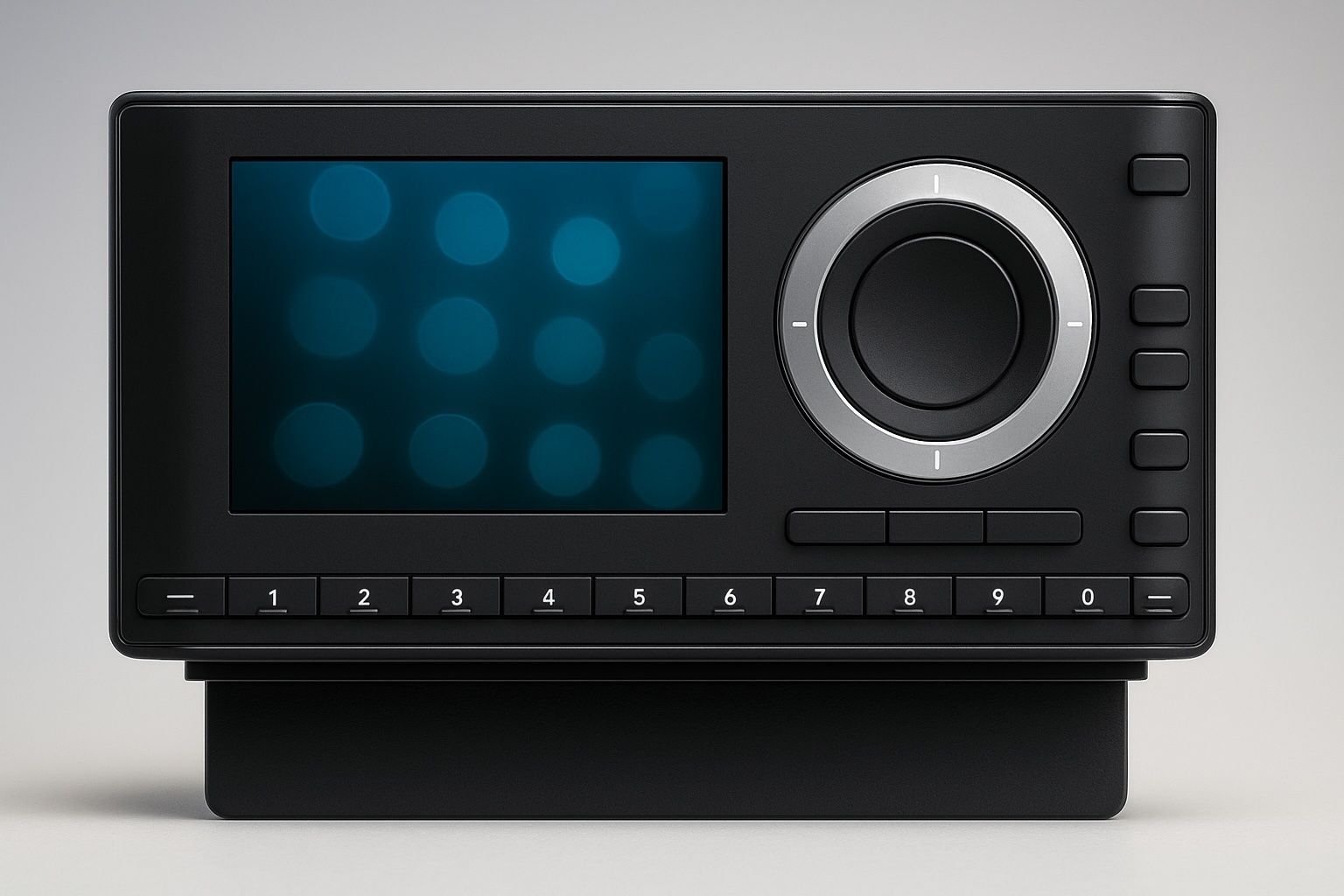
First Kiss Dates Back 21 Million Years, Study Finds Neanderthals Also Kissed
New research suggests kissing began with ancient apes, long before Homo sapiens evolved – and that Neanderthals almost certainly locked lips too. A 21‑Million‑Year‑Old Love Story Your “first kiss” suddenly feels very recent. A new evolutionary study has traced the








